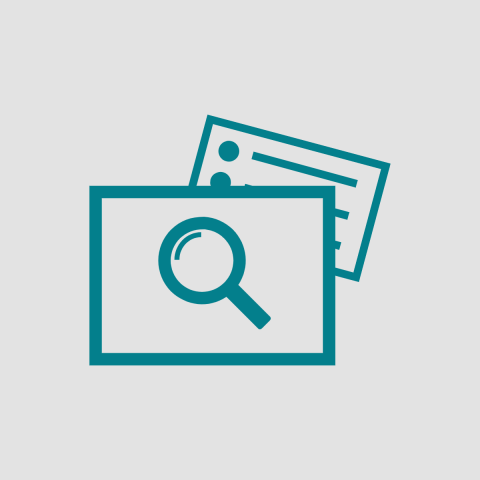Evaluating your sources: knowing the good from the bad
Knowing if a source is going to useful for your research is an important skill to develop, especially when you are faced with a huge number of search results.
One of the most basic questions you can ask when deciding whether or not to use a source is, does the source add anything to your work? It’s important to realise that just because a piece of information is from an academic source, it doesn’t mean that it will be the right thing to use for your topic.
So remember that a quality source will be no good to you if it isn’t relevant to the point you are making. The context in which you are using the source, whether academic or popular, will be key!
Example:
Essay title: Discuss the influence of blogging on the fashion retail industry.
You will need to read examples of fashion blogs and reference them in your essay. A fashion blog would not normally be viewed as an academic source, but in this context you need to analyse some blogs to be able to write your essay.
You can then add depth to your essay by referring to academic research about topics such as marketing communications.
Quality sources
It is really important to think about the quality of your sources as well as their relevance.
Listen to "Clues to quality' which is a short excerpt from an interview with one of the library team about spotting clues to the quality of sources. A transcript is provided below if you'd prefer to read it.
Introducing the CRAAP test
Is it CRAAP?
The CRAAP test can provide a useful framework for reflecting on the quality of sources. Here are some questions to ask yourself about information you have found.
Currency
Is the information up-to-date? Does this matter?
Relevance
Does it relate well to your research area?
Authority
Who is the author or source? Are they credible?
Accuracy
Is it reliable, truthful, correct?
Purpose
Consider the reason it exists. Who is it aimed at? Why was it created?

Thinking critically
To learn more about thinking and reading critically see:
• Thinking Critically
• Reading Critically